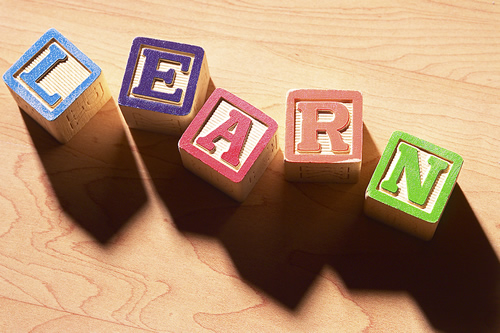While studying Usool ut Tafseer, I recently came across a framework which is a pre-requisite for proper interpretation of the Quran which I feel I should share with you.
This is important because Muslims have started freely interpreting Quran based on personal whims & then preaching what they have been "inspired" with --- which is very dangerous!
These are the pre-conditions for someone who wishes to interpret the Quran:
1. Correct Belief in Islam: his belief system should be the same as the Prophet (SWAS) and his companions. His belief should be non-sectarian.
2. Correct Methodology:
Here is a summary of the correct methodology:
a. Explaining Quran by the Quran
b. Explaining Quran by the Sunnah of the Prophet
c. Explaining Quran by the understanding of the Companions
d. Explaining Quran by the classical language of the Quran -- Quranic Arabic.
It is important to emphasize the priority should always by from a to d, i.e. first attempt should be made to understand Quran by other verses of the Quran. What is still not understood should be understood by the Prophet's (SWAS) explanation of it. What is still not understood should be understood with the understanding of the Companions about it. What is still not understood should then be attempted to be understood by classical Quranic Arabic used during the time when the revelation was coming down. What is still left over can be explained by personal opinion on the condition that it does not contradict or take priority over a-d (listed above).
3. Correct Knowledge:
including classical Arabic, grammar, figures of speech. A mufassir can NOT depend on a translation. Other braches of knowledge needed for interpretation include: hadeeth, fiqh, usool ul fiqh, etc
This is important because Muslims have started freely interpreting Quran based on personal whims & then preaching what they have been "inspired" with --- which is very dangerous!
These are the pre-conditions for someone who wishes to interpret the Quran:
1. Correct Belief in Islam: his belief system should be the same as the Prophet (SWAS) and his companions. His belief should be non-sectarian.
2. Correct Methodology:
Here is a summary of the correct methodology:
a. Explaining Quran by the Quran
b. Explaining Quran by the Sunnah of the Prophet
c. Explaining Quran by the understanding of the Companions
d. Explaining Quran by the classical language of the Quran -- Quranic Arabic.
It is important to emphasize the priority should always by from a to d, i.e. first attempt should be made to understand Quran by other verses of the Quran. What is still not understood should be understood by the Prophet's (SWAS) explanation of it. What is still not understood should be understood with the understanding of the Companions about it. What is still not understood should then be attempted to be understood by classical Quranic Arabic used during the time when the revelation was coming down. What is still left over can be explained by personal opinion on the condition that it does not contradict or take priority over a-d (listed above).
3. Correct Knowledge:
including classical Arabic, grammar, figures of speech. A mufassir can NOT depend on a translation. Other braches of knowledge needed for interpretation include: hadeeth, fiqh, usool ul fiqh, etc
